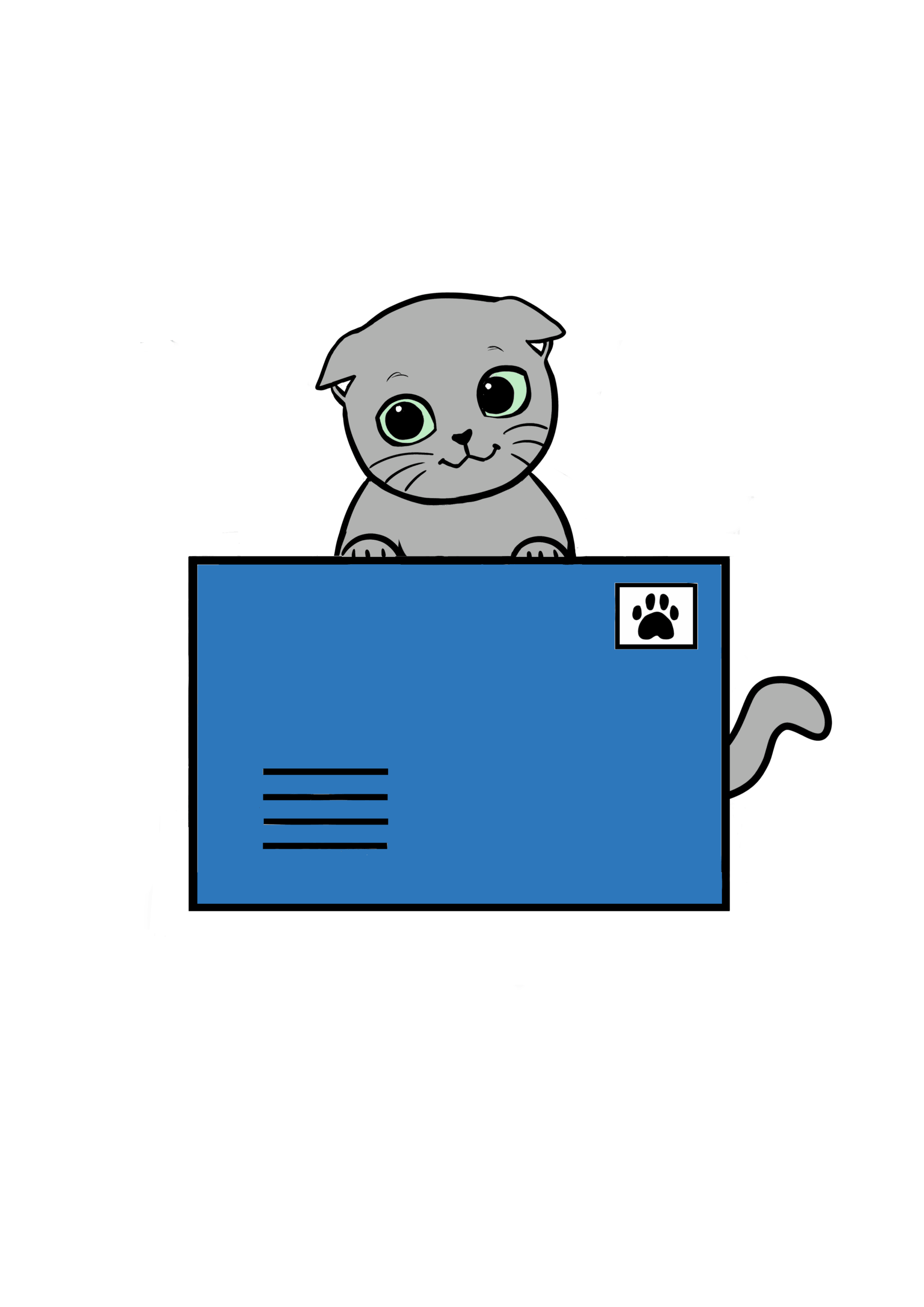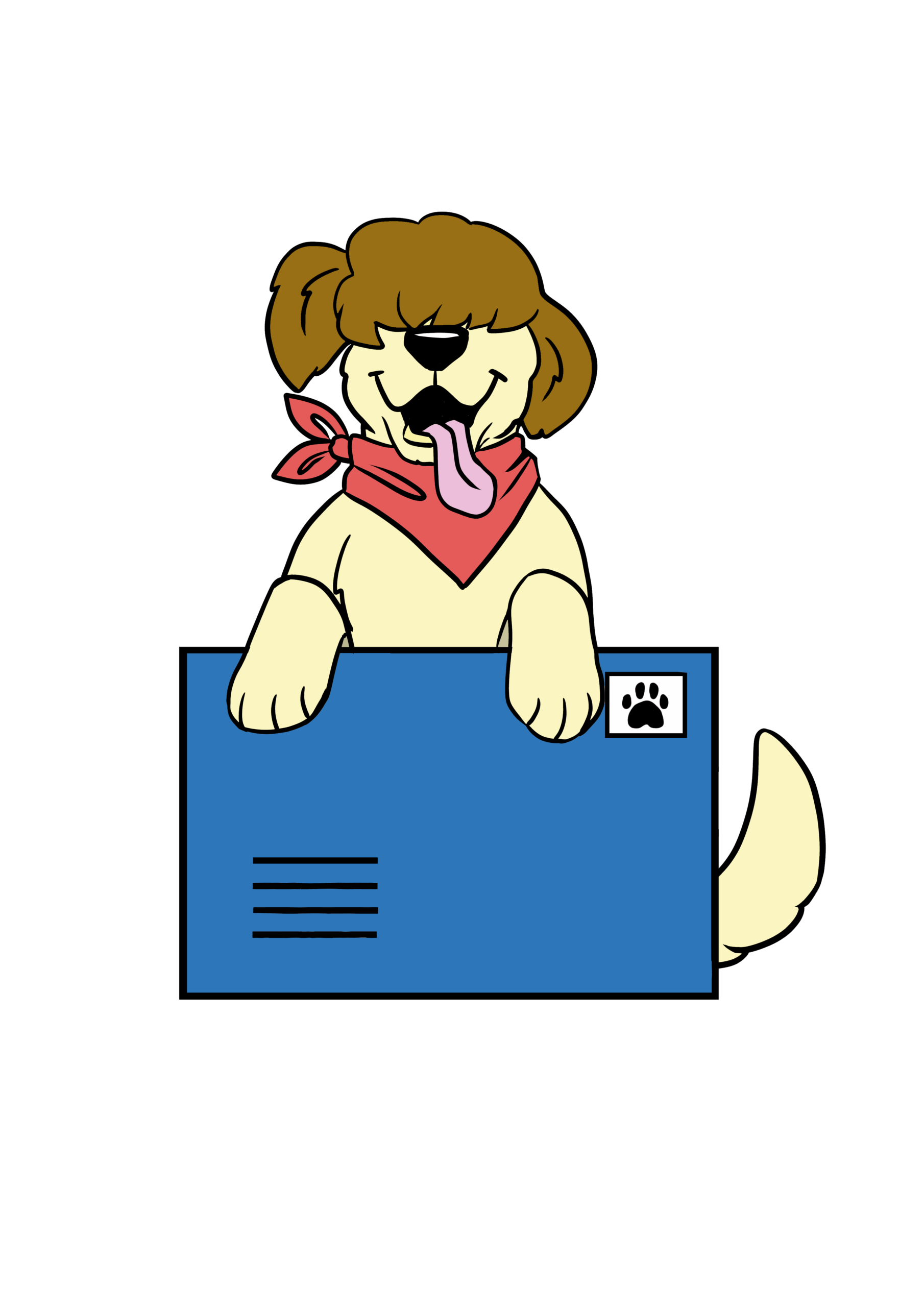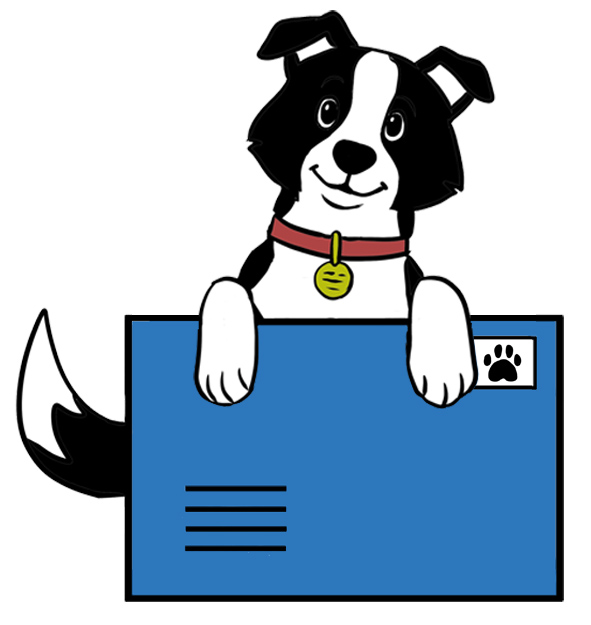How to Treat Diarrhea in Dogs – Causes, Home Remedies & When to See a Vet
Diarrhea in dogs is one of the most common issues pet owners experience — and one of the most stressful. When your dog suddenly has loose stools, you worry about what caused it, whether it’s serious, and how to fix it quickly. While mild cases often resolve on their own, persistent diarrhea can signal deeper problems and even lead to dehydration. That’s why understanding how to treat diarrhea in dogs is essential for every dog parent.
In this detailed guide, we’ll walk you through the causes, home remedies, warning signs, vet treatments, and most importantly, how to stay financially prepared with a dog care plan from Fleamail.com.au.
Understanding Diarrhea in Dogs – Why It Happens
Dog diarrhea occurs when the digestive system becomes irritated or inflamed. This irritation causes food and fluid to move too quickly through the intestines, resulting in loose or watery stools. Although diarrhea is common, the reasons behind it can vary widely.
Sometimes, diarrhea is temporary and harmless. Other times, it’s a symptom of an underlying health issue that needs veterinary attention. That’s why observing your dog’s behavior, stool appearance, and overall condition is important.
Dogs can develop diarrhea due to:
- Sudden dietary changes
- Spoiled food or garbage ingestion
- Food allergies
- Stress or anxiety
- Intestinal infections
- Parasites
- Underlying medical conditions such as pancreatitis or kidney disease
Understanding the potential cause helps you choose the right response — whether home care or a vet visit.
Common Causes of Diarrhea in Dogs
Diarrhea rarely happens without a reason. Here are the most common triggers:
1. Sudden Change in Food
Switching your dog’s food too quickly can upset their stomach. Dogs need gradual transitions over 7–10 days.
2. Human Food & Table Scraps
Fatty, spicy, or sugary foods can cause digestive issues. Even a small piece of cheese or gravy can cause problems.
3. Parasites
Roundworms, hookworms, whipworms, and giardia can lead to chronic diarrhea. Puppies are especially vulnerable.
4. Stress and Anxiety
Moving houses, traveling, loud noises, or new pets can trigger stress-induced diarrhea.
5. Infections
Bacterial or viral infections, such as parvovirus, can be serious and require immediate medical attention.
6. Allergies
Some dogs react to certain proteins, grains, or artificial additives.
7. Rotten Food or Foreign Objects
Dogs often chew on things they shouldn’t, causing stomach irritation or blockages.
When Dog Diarrhea Becomes Serious
While mild diarrhea can be managed at home, certain symptoms require you to seek veterinary help immediately.
Warning signs you must NOT ignore:
- Blood in stool (red or black)
- Vomiting along with diarrhea
- Severe dehydration
- Pale gums
- Extreme lethargy
- Fever
- Diarrhea lasting more than 48 hours
- Puppy diarrhea (urgent)
If any of these symptoms appear, visit your vet immediately. You can also get more guidance through trusted websites like the RSPCA or PetMD.
If you want reliable support and peace of mind for unexpected vet bills, having a plan like the Dog Care Plan from Fleamail becomes extremely valuable.
🔗 Explore Dog Insurance Options:
https://fleamail.com.au/large-dog-plan/
Safe At-Home Remedies for Mild Diarrhea
If your dog is still active, drinking water, and behaving normally, these home remedies often help resolve mild diarrhea safely.
1. Fasting for 12 Hours
Let your dog’s digestive system rest. Do not fast puppies — they need frequent meals.
2. Bland Diet
After fasting, offer easy-to-digest foods like:
- Boiled chicken (no seasoning)
- Plain white rice
- Boiled pumpkin
- Mashed sweet potato
Feed small portions every few hours.
3. Hydration
Diarrhea causes quick water loss. Offer:
- Fresh water
- Dog-safe electrolytes
- Ice cubes (if they don’t want to drink)
4. Probiotics
Probiotics restore healthy gut bacteria. Choose formulas designed for dogs.
5. Canned Pumpkin
Pumpkin adds soluble fiber that firms stool naturally.
6. Monitor Closely
Observe stool consistency, energy levels, and appetite.
If your dog does not improve within 48 hours, visit your vet.
What Vets Usually Do for Severe Cases
When diarrhea is persistent or severe, your vet may recommend:
- Stool tests to detect parasites
- Blood tests to check organ function
- X-rays or ultrasound to detect blockages
- Fluid therapy to treat dehydration
- Anti-nausea or anti-diarrheal medication
- Antibiotics or deworming medication when necessary
These tests and treatments are essential, but they can be expensive — especially during emergencies. This is where having pet insurance makes a huge difference.
How Dog Insurance Helps During Sudden Illnesses
Dog diarrhea may start as a minor issue, but it can quickly turn into something requiring:
✔ Emergency vet visits
✔ Diagnostic tests
✔ Fluid therapy
✔ Overnight hospital care
✔ Ongoing medication
Vet costs add up quickly — and often unexpectedly.
But with pet insurance from Fleamail, dog owners can:
- Get reimbursed for vet bills
- Make decisions based on care, not cost
- Access treatment without delay
- Stay financially protected
- Ensure their dog receives the best medical attention
Pet insurance removes the stress of unexpected bills so you can focus on helping your furry friend recover.
Fleamail’s Dog Care Plan – Smart, Affordable Protection
Fleamail offers flexible and affordable coverage tailored for dog owners. Their Dog Care Plan helps protect you from unexpected medical bills.
✔ What the Dog Care Plan Covers:
- Accidents
- Illnesses
- Diagnostic tests
- Medications
- Emergency hospital care
It’s designed for dog owners who want quality care without financial pressure.
👉 Learn More About the Dog Care Plan
https://fleamail.com.au/large-dog-plan/
Whether it’s diarrhea, vomiting, infections, or sudden emergencies — this plan ensures your dog always gets the treatment they deserve.
Preventing Future Digestive Problems in Dogs
You can reduce the risk of future diarrhea episodes with simple strategies:
1. Transition foods slowly
Mix new food with old food gradually.
2. Avoid human food
Stick to dog-safe treats and meals.
3. Keep trash out of reach
Dogs love exploring bins!
4. Regular deworming
Parasites are a major cause of recurring diarrhea.
5. Provide clean water
Hydration is key for digestion.
6. Reduce stress
Maintain a stable routine.
7. Schedule yearly vet checkups
Prevention is easier than treatment.
Final Thoughts – Be Prepared, Stay Protected
Dealing with diarrhea in dogs can be stressful, but with the right approach, most cases improve quickly. The key is knowing when home remedies are safe — and when professional care is needed.
However, unexpected health issues happen to every pet. That’s why having pet insurance from Fleamail gives you financial confidence and emotional peace.
Dog parents can explore flexible, affordable coverage today:
🔗 Visit Fleamail: https://fleamail.com.au
🔗 Dog Care Plan: https://fleamail.com.au/large-dog-plan/
Your dog deserves the best care.





